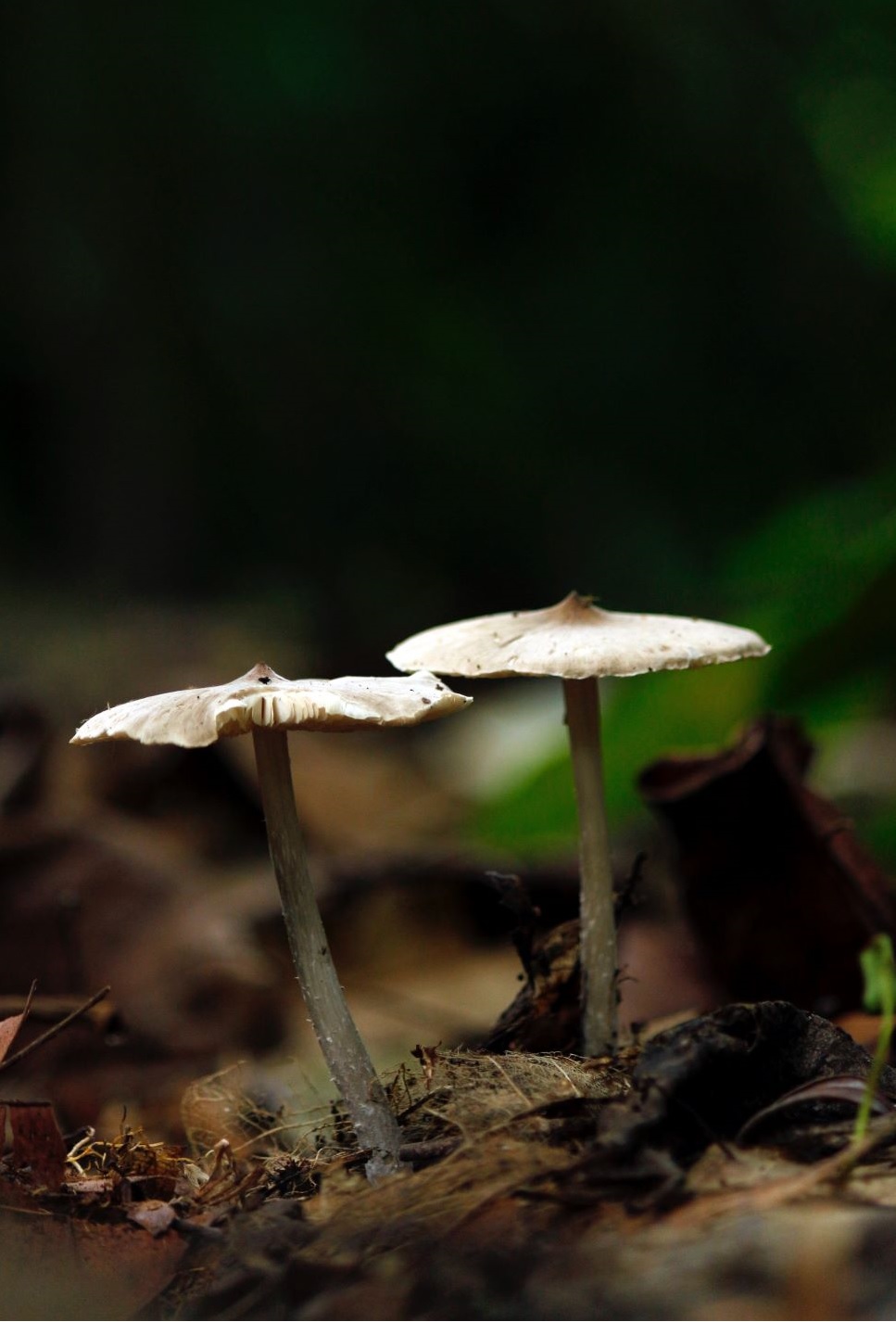There is some merit to using psychedelics to heal from PTSD, anxiety, depression and other mental health ailments.
The use of psychedelic drugs in the realm of mental health treatment has long been shrouded in myth and misunderstanding. However, according to leading expert Professor David Nutt, this is not some fringe “hippy movement.” Instead, it is a legitimate and science-backed avenue for addressing mental health conditions.
Professor David Nutt, a distinguished professor of neuropsychopharmacology at Imperial College London, is set to address the Scottish Parliament on the need for a more rational drug policy. His expertise is not just theoretical; it’s based on over 15 years of dedicated research into psychedelic drugs. The aim? To shift perceptions from skepticism to recognition of the life-changing potential of these substances.
Professor Nutt’s message is clear: Psychedelic drugs are not the stuff of counterculture or hippy clichés. Instead, they represent a promising avenue for alleviating human suffering. He asserts that these substances have the power to transform lives positively and should be embraced for their therapeutic potential.

It’s worth noting that Professor Nutt’s journey in advocating for psychedelics has not been without controversy. In 2009, he was dismissed from his role as a government adviser after asserting that MDMA (commonly known as Ecstasy) might be no more harmful than riding a horse.
Such provocative statements have sparked debates about drug safety and policy. However, Professor Nutt firmly believes that substances like magic mushrooms and MDMA can offer a lifeline to individuals grappling with mental health conditions. While skepticism may persist, mounting evidence suggests that these substances hold promise in the treatment of conditions like PTSD, OCD, and depression.
Recent figures indicate that drug-related deaths in Scotland, while showing a decrease, remain the highest in Europe. Against this backdrop, the idea of drug consumption rooms has gained traction as a harm reduction measure. These facilities, already in operation in various countries, provide support and engagement with social workers to help individuals overcome addiction.
Professor Nutt aligns with the notion that innovation is long overdue in mental health treatment. He contends that psychedelics can offer substantial value, particularly when administered in controlled medical settings, and he’s calling for a more comprehensive involvement of healthcare institutions in exploring these therapeutic possibilities.
Beyond the UK, other countries like Australia and certain U.S. states, including Oregon and Colorado, have been at the forefront of integrating psychedelic drugs into mental health treatment. Professor Nutt’s research explores these international experiences, shedding light on potential pathways for the UK to follow suit.
While the Home Office maintains a firm stance against illegal drug use, they are right to do so to some extent. Overuse, as mentioned above, can be more harmful than good, and the stand emphasizes the devastation it can cause in communities. Critics have no plans to consider the use of illegal drugs as a form of treatment. However, discussions persist between governmental bodies about addressing drug use and its associated harms.
Professor David Nutt’s advocacy for the use of psychedelic drugs in mental health treatment challenges traditional perceptions. It underscores the importance of approaching this topic with an open mind and a willingness to explore alternative avenues for healing. The debate continues and it is evident that the conversation surrounding the role of psychedelics in mental health treatment is far from over.
Sources:
Using psychedelics in mental health treatment ‘not hippy movement’, says expert
Psychedelic-Assisted Psychotherapy: A Paradigm Shift in Psychiatric Research and Development
Psychedelics and Psychedelic-Assisted Psychotherapy
Psychedelic drugs can unlock mysteries of brain – former government adviser


Join the conversation!